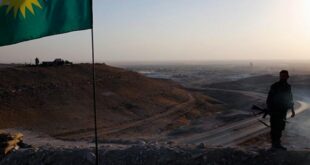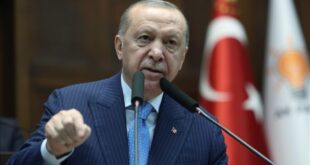Isaac Herzog, the incumbent Jewish Agency chairman, former Labor party leader, and son of Israel’s sixth president, Chaim Herzog, becomes Israel’s 11th president in a Wednesday afternoon ceremony in Jerusalem.
He replaces Reuven (Ruby) Rivlin. Although the presidency is a largely ceremonial position within Israel’s parliamentary democracy, the post is a bully pulpit for those who have sought to exploit it as such.
The bulk of political power is held by the prime minister, who wins his or her seat based on the popular appeal of the prime minister’s party and its ability to fashion a majority coalition in the 120-seat parliament, the Knesset. Those sitting lawmakers elect the president by secret ballot.
The most significant of the presidential powers is deciding which parliamentarian is given the opportunity to form a coalition following an election. An unparalleled level of pomp and circumstance will accompany Herzog’s ascension to office as the new president. On his final day in office, Rivlin received a congratulatory phone call from Palestinian Authority President Mahmoud Abbas.
 Eurasia Press & News
Eurasia Press & News



